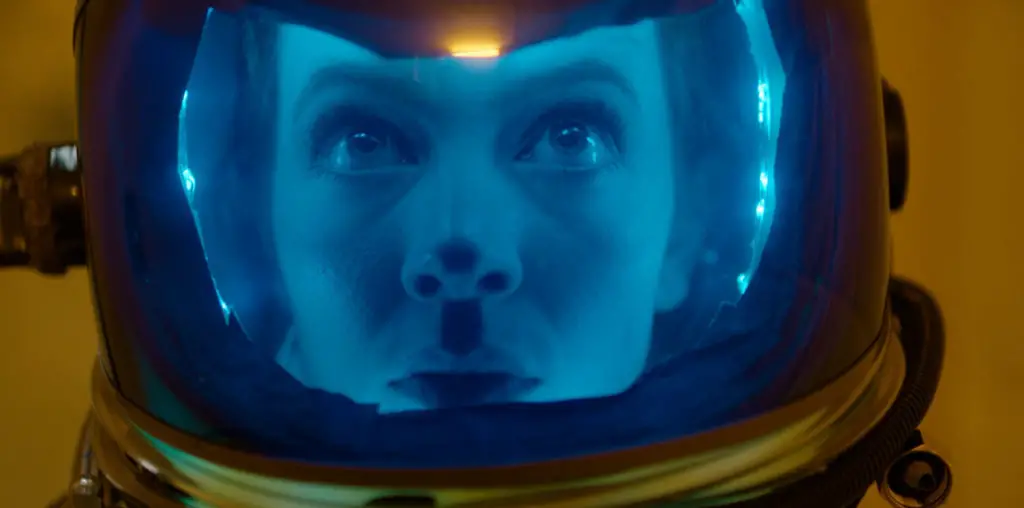
Translating a film’s title into another language is more art than science. In addition to choosing the right words, there is also the matter of whether or not a denotatively correct title is also connotatively correct. Yann Samuel’s film “Love Me If You Dare” (2003) is “Jeux D’Enfants” in French. The English title may address the crux of the story, but the French title (literally “games of children”) captures tone of the film. Reminiscent of—if not uncannily similar to—“Amelie” (Jean-Pierre Jeunet, 2001) and “Ma Vie En Rose” (Alain Berliner, 1997), “Love Me If You Dare” is about two childhood friends Julien (Thibault Verhaeghe) and Sophie (Josephine Lebas-Joly) and their game of dares. Whoever is in possession of a tin box can dare the other person to do anything. Since they’re just kids, they don’t really appreciate the long-term consequences of peeing in front of the principal, humming ‘La Vie En Rose’ at a funeral, and destroying a wedding cake. Grown up Julien (Guillaume Canet, who could be a young Patrick Dempsey) and Sophie (Marion Cotillard, who could be Zooey Deschanel’s long-lost twin) continue to play the game, exhibiting commensurate aloofness and insouciance. They do not seem too concerned by how much trouble they get into…until love enters the playing field.
Critics have described “Love Me If You Dare” as a fairy-tale for adults, which is more or less accurate. The ending isn’t unequivocally happily-ever-after by conventional standards; there aren’t any evil step-family members; no monsters need slaying—the only real obstacle Julien and Sophie must overcome to be together is their own fear of genuinely loving one another. The fairy-tale aspect is less in the story and more in the visual design. Young Julien and Sophie live in a world enlivened by colors so rich, bright, and patterned that it’s cartoonish the way their environment corresponds to how a child sees the world. When the two get older, the colors soften in intensity; Julien adopts a less conspicuous wardrobe, and seems to be less addicted the thrill of daring and being dared. Sophie, however, still wears the red of her childhood and plays more aggressively to get Julien to love her.
The premise of “Love Me If You Dare” is fascinating and the script is sharp. The humor is dark and incongruous with the film’s overall light-heartedness. This discrepancy doesn’t detract from the film, though. On the contrary, it makes the film’s fantastic qualities all the more effective in constructing a reality only possible in a movie.
